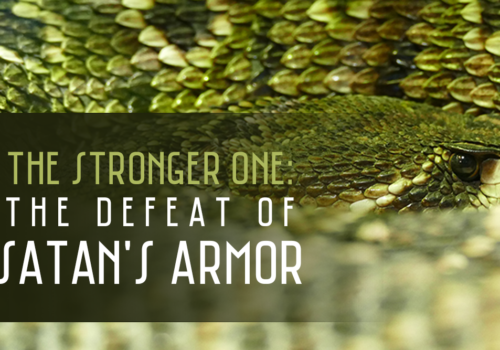Heresy, the antithesis of orthodoxy, is the embracing of self-chosen doctrines diametrically opposed to the established Christian faith.
For the body of Christ it is an unavoidable evil. The Apostle Paul lists it as a work of the flesh, and Peter speaks of “false teachers secretly bringing in destructive heresies;” yet, Paul would also state “… there must be also heresies among you, that they which are approved may be made manifest among you.”
The Oxford Dictionary of the Christian Church tells us that “In the early centuries heresy was mainly a matter of erroneous attempts to understand the nature of the Person of Christ” (page 762).
It is my belief that same heresy will be the predominate challenge to the Last Days Church as well.
In combating heresy in Colossae by emphasizing the Person of Christ, Paul writes, “Therefore, as you received Christ Jesus the Lord, so walk in him, rooted and built up in him and established in the faith, just as you were taught, abounding in thanksgiving.” (Being established in the faith means embracing true doctrine—a topic I’ve written about the vital importance of here.)
When a verse begins with the word “therefore” the writer is generally bringing his message to a focal point. We see this in Paul’s summation to the beginning of his letter. He had commended his readers for their faithfulness amongst the heresy. He admonished the faithful to ‘walk’ in the Lord, to persist in their genuine Christian life and not succumb to the false teaching propagated among them.
Question: How were they to walk (translated “live” in the NIV)?
Answer: As they had received Christ.
Question: How did they receive Christ?
Answer: In faith!
Thus, they were to “walk” rooted, built up, and established in faith.
Quite the contrast—to walk and yet be rooted. Yet these paradoxes are common in Scripture (to be first you must be last; to be great you must be a servant to all; to live you must die).
As the hidden root system expands and stabilizes a tree in proportion to its visible growth, so should the Colossian faithful be deeply rooted to grow in faith and stand against the high winds of heresy.
Being rooted meant for the Colossian saints to remember their former teaching, having been instructed correctly from their new birth. For today’s believers, let us remember our salvation experience: that humble recognition of your need for a Savior, the uninhibited faith we exercised in accepting Him, and the thankfulness offered as we embraced His rescuing gift!



